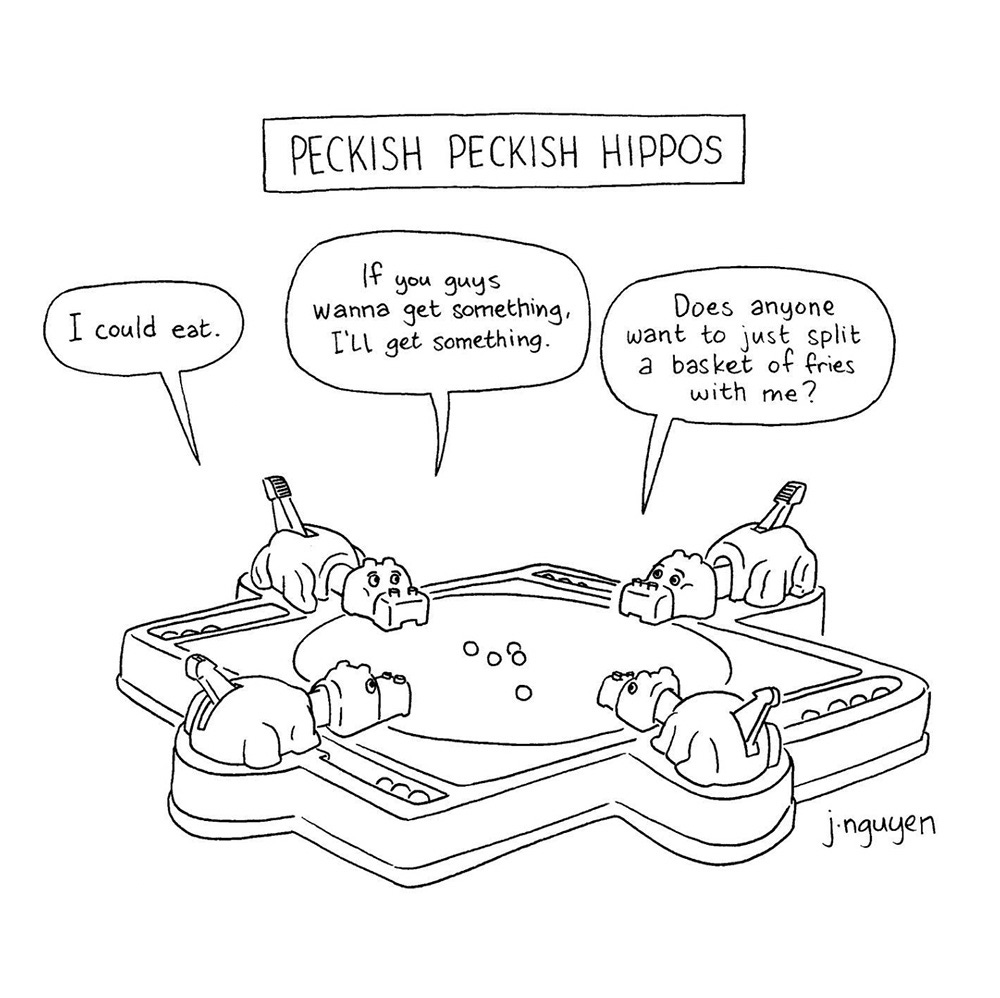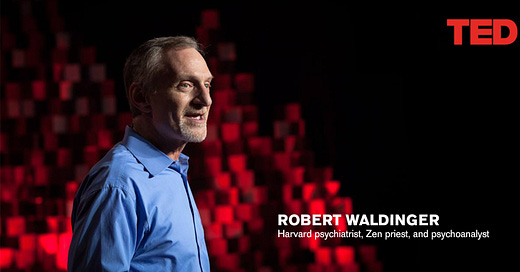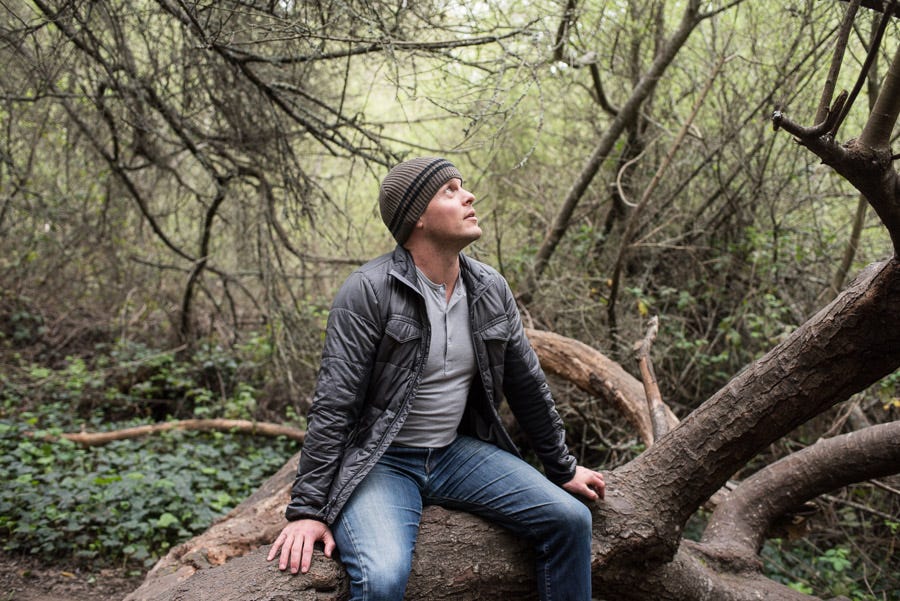Book Review: The Good Life by Robert Waldinger and Marc Schulz
This book claims to hold the secret to true happiness in life.
POSITIVE AFFIRMATION
"Today I know I can press the reset button at anytime, resetting my attitude and approach."
START WITH A SMILE…

The Most Productive Time
When I started reading The Good Life: Lessons from the World's Longest Scientific Study of Happiness, I was immediately hooked. In the first chapter, it gives away the punchline which completely reinforces what I already believe in. And for the next 10 hours, I kept drinking from the Kool-Aid. #confirmationbias
In The Good Life, authors Waldinger and Schulz reveal the surprising result from the Harvard Study of Adult Development’s 80+ years of continuous research, “one of the world’s longest studies of adult life,” having collected a massive array of data on their physical and mental health. And when they say data, it includes brain scans, blood work, and extra-personal interviews. #TSAwouldbeproud
Imagine someone from the Harvard study coming to visit you every 5 years and conducting a deep interview on how you’re feeling about every facet of your life. What an awesome journal later in life to reflect upon. #milliondollaridea
The punchline of The Good Life is:
“Close relationships, more than money or fame, are what keep people happy throughout their lives, the study revealed. Those ties protect people from life’s discontents, help to delay mental and physical decline, and are better predictors of long and happy lives than social class, IQ, or even genes.” - Mineo, Harvard News
To be more productive, it’s essential we make time for what’s most important.
Tim Ferriss, entrepreneur and personal experimenter, wrote about how he sets up goals. He looks back on the past year, noting what events and people made him feel great and which felt bad. Then he does this:
“Based on the answers, take your “positive” leaders and schedule more of them in the new year. Get them on the calendar now! Book things with friends and prepay for activities/events/commitments that you know work. It’s not real until it’s on the calendar.” - Tim Ferriss
I’m naturally an organizer, which includes being a social organizer. Ever since I was a kid, I’ve always had an inclination to arrange events with friends. (When I was in 5th grade, I started my own club, called the J-Team (how arrogant!) where we tried to do good deeds, like pick up litter. I think we saved 10 bottles from the landfill.)
But, if you’re not used to inviting people to do things, tough luck… you better get over it.
“Researchers from three different universities studied the impact of social isolation and unhappiness on older individuals and found that loneliness ages a person faster than smoking. Prior research had already suggested that a lack of family, friendship, or community was linked to a 30 percent increase in the likelihood of heart disease and stroke and a 50 percent increase in the likelihood of dementia.”
Learn from The Good Life’s massive study of over 80 years and all the personal lessons of those participants - that if you don’t tend to your relationships, death may be coming much sooner for you.
“The relationship bill comes due.” - Terrence Real, I Don’t Want to Talk About It
TAKEAWAY
We are more productive when engaged in activities that we enjoy (and are good at). Increase your health span by doing those activities with others, as much as possible. Put on your social planner hat and make plans with people… now.
Waldinger has boiled down his definition of a good life to this: “Being engaged in activities I care about with people I care about.” - Emine Saner, The Guardian
(suggested events to do with others)
➩ The Taylor Swift: The Eras concert film, because the real concert tickets are just too expensive.
➩ Pick a local restaurant you’ve never been to, invite someone you haven’t talked to for too long, and make convo.
➩ Pick a physical activity and invite someone. Go for a walk, a bike ride, a run, play tennis, whatever.
➩ At my work, they used to arrange community volunteer events. Who’s to say you don’t arrange your own community event, such as Habitat for Humanity?
How to cultivate deep relationships? I got ideas.
I believe what holds people back from being more socially outgoing, aka putting themselves out there and being vulnerable, is their own insecurity.
Keep reading with a 7-day free trial
Subscribe to Venture Out to keep reading this post and get 7 days of free access to the full post archives.





